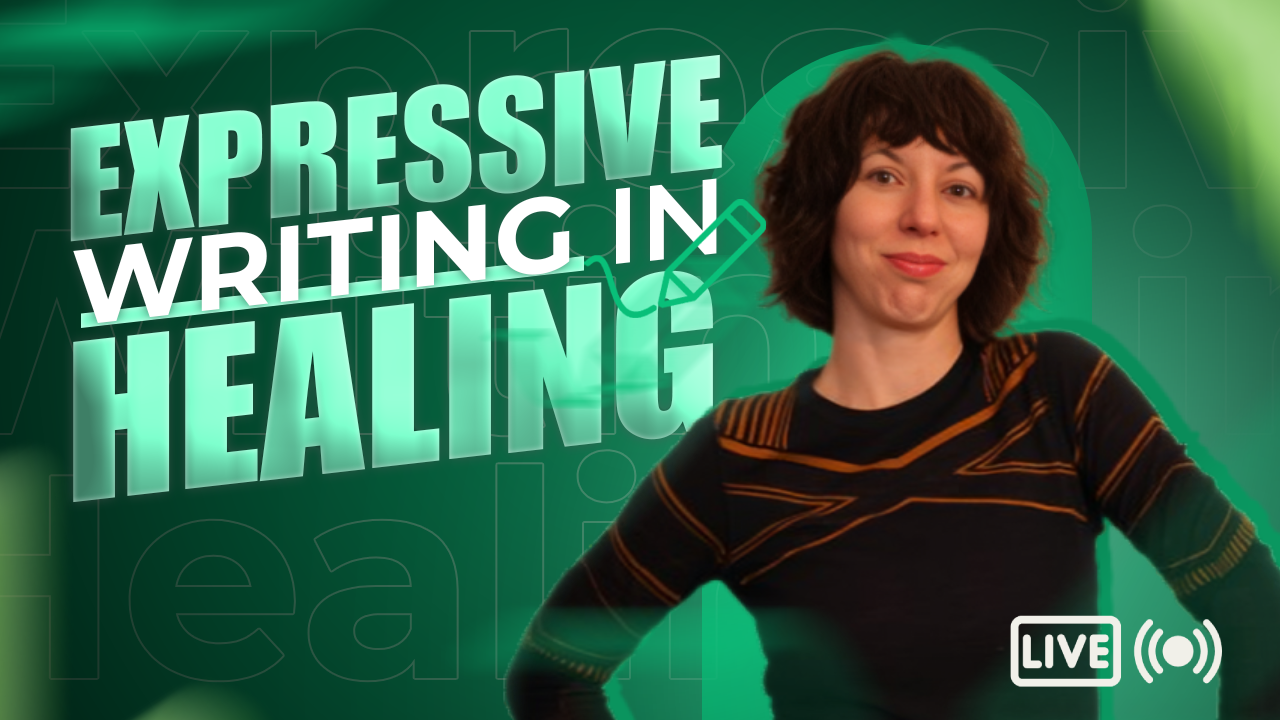Media Therapy: How Can "The Office" Offer Useful Mental Health Insights for HSPs
I've often observed the powerful role that TV and film can play in therapy, especially for Highly Sensitive Persons (HSPs). Today, I'm excited to explore how "The Office," particularly through the character of Michael Scott, offers deep mental health insights and serves as an unexpected tool for self-improvement and mindfulness practice.
The Power of TV and Film in Therapy
It's common to criticize television and film for their portrayals of violence and their often skewed perspectives on life. However, as a therapist, I recognize these mediums as significant mirrors reflecting our societal behaviors and emotional landscapes. For HSPs, who are particularly attuned to emotional subtleties, TV shows like "The Office" can act as both a mirror and a map, guiding them through the complexities of emotional navigation and letting go of ingrained family dynamics.
Emotional Education in Media and Mental Health
In an ideal world, our educational systems would include comprehensive emotional education curricula, teaching us from a young age how to manage feelings, understand the feelings of others, and navigate the emotional world effectively. Unfortunately, this is not yet the case, and many of us enter adulthood unprepared for its emotional demands. Media fills this gap to some extent, offering scenarios that many find relatable. "The Office" exemplifies this, providing not just entertainment but also subtle lessons on interpersonal relationships and mental health, crucial for self-improvement, especially for HSPs.
"The Office" as a Therapeutic Tool for HSPs
Throughout my nearly two decades of practice, "The Office" has emerged as a therapeutic touchstone for many clients, particularly HSPs and those from dysfunctional family backgrounds. The show's portrayal of a dysfunctional work environment that oddly functions like a family provides a safe space to explore personal issues related to acceptance and belonging. Many HSPs find comfort in the consistency and predictability of the show, using it as a mindfulness practice to calm their heightened sensitivities.
Character Analysis: Michael Scott and Inner Child Work
Michael Scott, the bumbling but endearing manager, is a particularly rich character for analysis. His low self-awareness coupled with a deep need for acceptance makes him an excellent case study in inner child work. Michael's interactions often display classic signs of a wounded inner child seeking validation and love—themes that resonate deeply with HSPs engaged in self-improvement journeys. His character evolution through the series provides hope and guidance for personal growth, demonstrating how mindful practices and self-reflection can lead to substantial emotional healing.
Insights on Emotional Growth and Healing
"The Office" does more than just entertain. It offers valuable insights into the process of emotional growth and healing. Watching characters navigate their relationships, misunderstandings, and personal crises, viewers can find parallels in their own lives, encouraging them to engage more fully with their emotional and mental health. For HSPs, this can be particularly impactful, as the show encourages not only an understanding and acceptance of self but also presents a framework for letting go of harmful patterns and embracing a healthier, more mindful approach to life.
In conclusion, as we dissect the layers of "The Office," we uncover a wealth of mental health insights that are especially beneficial for HSPs. The show provides a lens through which we can view our struggles and triumphs, making it a valuable resource for anyone interested in self-improvement and mental wellness. Whether you are an HSP yourself or someone interested in the nuances of personality and emotional education, Michael Scott and his quirky office family offer both a reflection and a roadmap for better mental health.
Episode Tags
- ADD 1
- Abuse 14
- Alcohol 3
- Anger 9
- Bullying 5
- Childhood 37
- Codependency 8
- Covid 4
- Crystal Catalina 4
- Depression 15
- Detachment 2
- Disassociation 4
- Emotions 74
- Existentialism 2
- Faith 1
- Family 25
- Fatigue 4
- Focus 3
- Gratitude 11
- Grief 10
- Guilt 2
- Healers 7
- Healing 51
- High Sensation 4
- Hope 1
- Hypervigilance 7
- Introverts 6
- Lonliness 7
- Love 3
- Manifesting 5
- Manipulation 19
- Men 1
- Mindfulness 38
- Money 10
- Music 3
- Nutrition 2
- Overthinking 8
- PTSD 11
- Parenting 12
- People Pleasing 7
- Perfectionism 6
- Pets 4
- Relationships 13
- Resiliency 12
- Sadness 1
- Self Esteem 16
- Self Love 11
- Self Respect 1
- Self-Care 24
- Sex 1
Upcoming Events
Episode Tags
- ADD 1
- Abuse 14
- Alcohol 3
- Anger 9
- Bullying 5
- Childhood 37
- Codependency 8
- Covid 4
- Crystal Catalina 4
- Depression 15
- Detachment 2
- Disassociation 4
- Emotions 74
- Existentialism 2
- Faith 1
- Family 25
- Fatigue 4
- Focus 3
- Gratitude 11
- Grief 10
- Guilt 2
- Healers 7
- Healing 51
- High Sensation 4
- Hope 1
- Hypervigilance 7
- Introverts 6
- Lonliness 7
- Love 3
- Manifesting 5
- Manipulation 19
- Men 1
- Mindfulness 38
- Money 10
- Music 3
- Nutrition 2
- Overthinking 8
- PTSD 11
- Parenting 12
- People Pleasing 7
- Perfectionism 6
- Pets 4
- Relationships 13
- Resiliency 12
- Sadness 1
- Self Esteem 16
- Self Love 11
- Self Respect 1
- Self-Care 24
- Sex 1




















